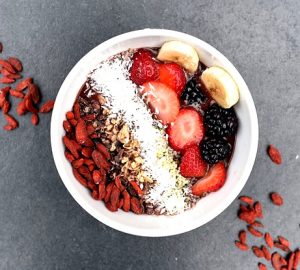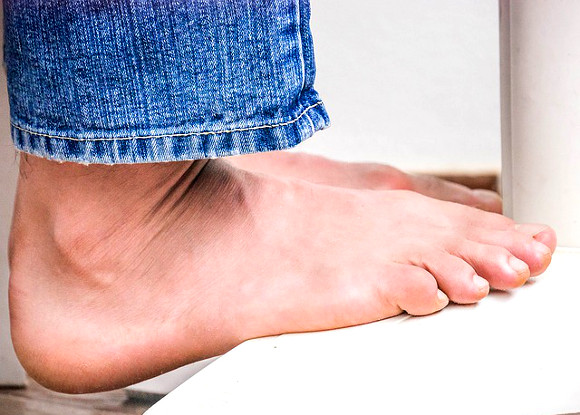Premenstrual syndrome is a condition that is very hard to define, because it may have many different signs and symptoms. This term describes a number of physical and emotional changes such as mood swings, breast sensitivity, cravings for certain foods, fatigue, nervousness and depression. These symptoms appear in the final phase of the menstrual cycle, one to two weeks before the menstrual bleeding.
Every three out of four women experience some form of PMS. These problems typically apply to women aged 20 to 40 years. Some months the symptoms are more emphasized, and in some you might not feel them at all.
Important! If you have really bad and painful symptoms of PMS, visit your doctor immediately.

Premenstrual syndrome (PMS) – Causes
What exactly causes PMS is unknown, but there are different factors that contribute to this condition. Changes in levels of hormones have a major impact on PMS. Symptoms change with the fluctuation of hormones and disappears during pregnancy and menopause.
Chemical reactions in the brain are the second reason for the occurrence of PMS. Insufficient presence of serotonin, contributes to the occurrence of depression, fatigue, sleeping problems and the need for certain kinds of food.
Stress can contribute to the occurrence of some symptoms, but it isn’t the major cause of PMS. Some of the symptoms are associated with low levels of vitamins and minerals. Other causes for PMS are eating too much salty foods, which cause fluid retention the the body and consumption of alcohol and drinks with caffeine, which cause changes in the mood.
Premenstrual syndrome (PMS) – Symptoms
The most common signs and symptoms that are associated with the premenstrual syndrome can be grouped into two groups.
Emotional PMS symptoms and changes in women’s behavior
- Tension and anxiety
- Depression
- Crying for no particular reason
- Mood swings
- Anxiety or anger
- Sleeping problems (Insomnia)
- Bad concentration
Physical PMS symptoms
- Headache
- Fatigue
- Muscle and joint pain
- Weight gain due to fluid retention
- Stomach cramps
- Bloating
- Breast sensitivity
- Acne outbreaks
- Constipation or diarrhea
Although this list with symptoms is too long, most women have only a few of these problems. For most women these symptoms disappear as soon as the menstrual bleeding begins.
Premenstrual syndrome (PMS) – How to help yourself
You can help yourself with the PMS symptoms if you make a change in your diet and exercise regularity. Here are some tips on how to help yourself and cope with PMS.
Watch your diet – Eat small portions, but more often throughout the day. This will reduce the bloating and you won’t feel hungry all the time.
Avoid alcohol and caffeine – They cause water retention and you’ll feel even more bloated.
Limit the intake of salt and salty foods – Again, this way you’ll avoid water retention.
Eat plenty of fruits and vegetables – If you’re unable for some reason to eat a lot of vegetables and fruits, take the recommended daily requirements of vitamins and minerals with dietary supplements. Consult your doctor what dietary multivitamin supplements are best for you.
Eat foods rich in calcium – Dairy products contain plenty of calcium, but it’s best if you eat plain yogurt because it’s easily digestible.
Exercise regularly – Several days a week do some aerobics, go cycling or walk at least 30 minutes. This will improve your health and prevent symptoms such as headaches, depression and fatigue.
Reduce stress – Try to ensure that you get enough sleep. You can practice yoga to relax and reduce stress. Massage will also help you to relax.



